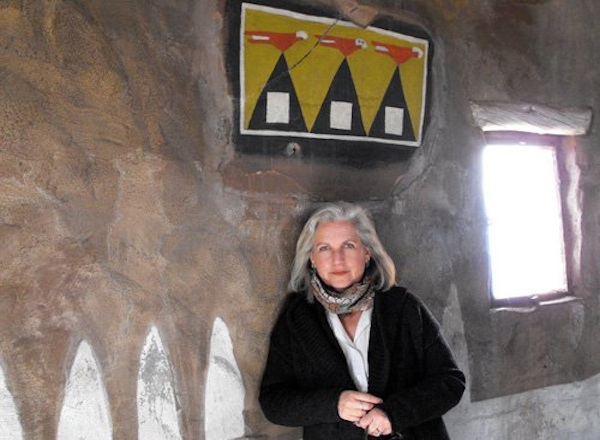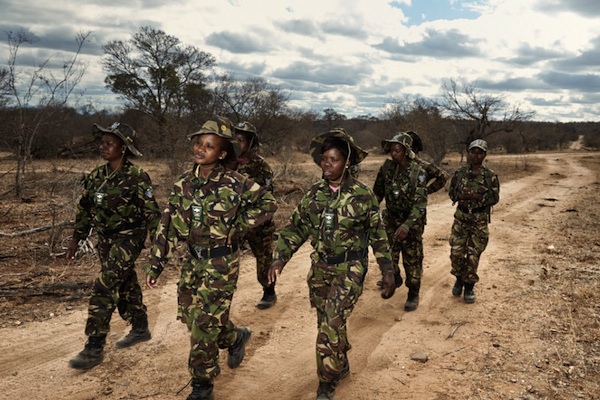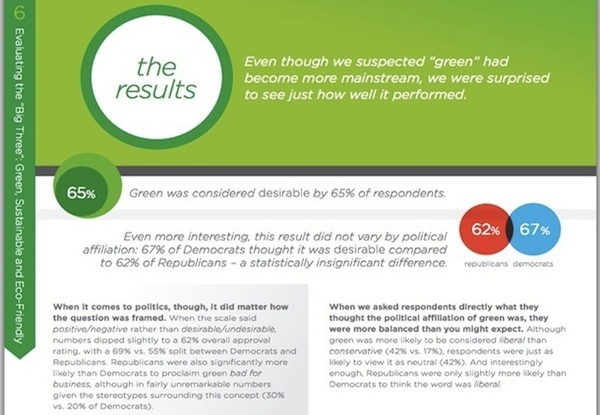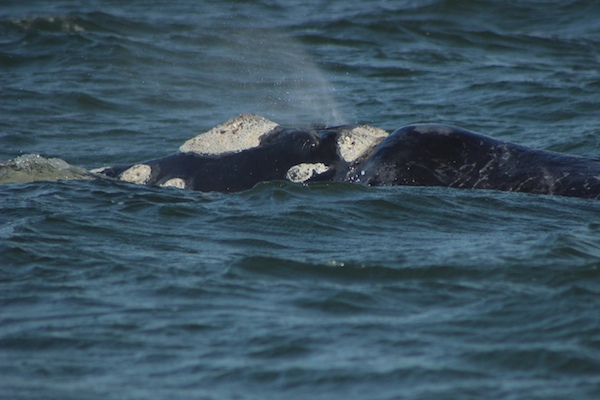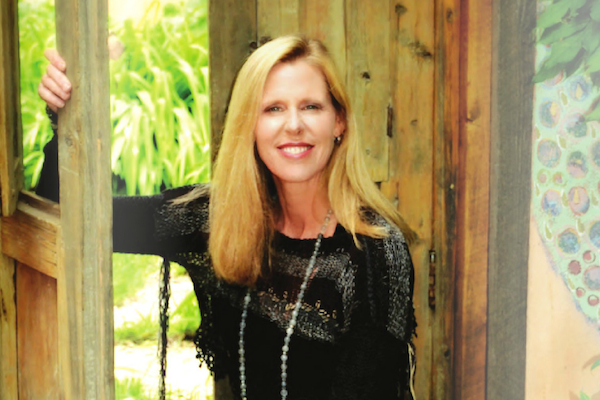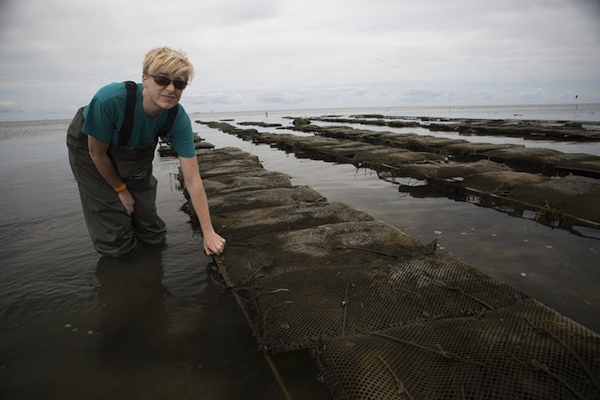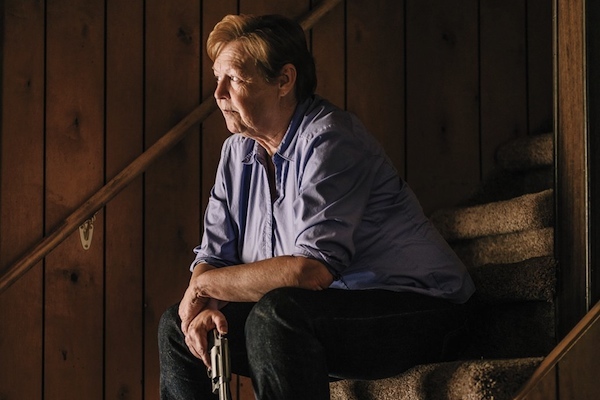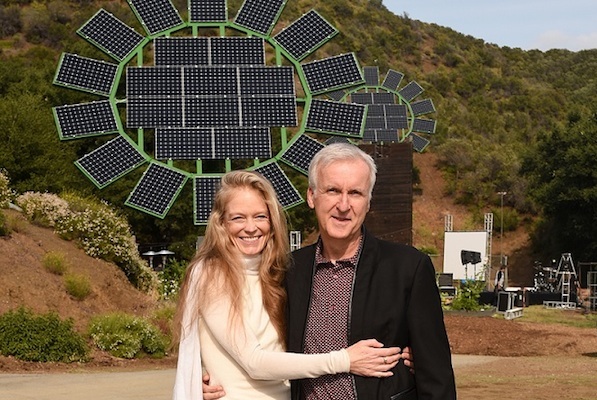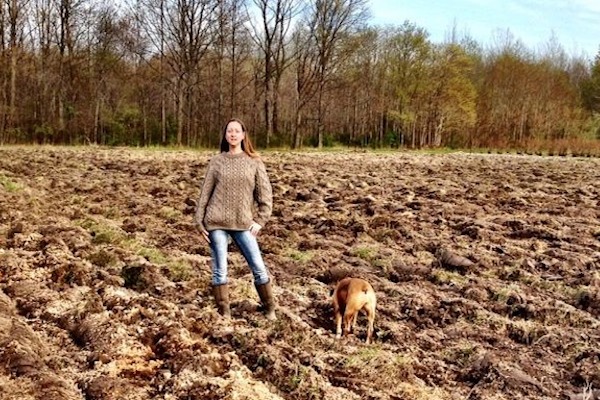The author and activist talks with YES! about millennials, climate change, and how she can’t imagine being alive at “a more thrilling, challenging time.” Terry Tempest Williams lives with her husband in Utah, but I met her in Vermont, near Dartmouth College, where she teaches part of each year. The lush foliage of a damp New England spring is nothing like the desert terrain she grew up with, she told me when we sat down together during my brief visit last May. She relishes the many species of trees, birds, and plants, but sometimes all the green makes her feel closed in, and she yearns for the dry, open country of home. It’s her deep connection to place and to wilderness that Williams is known for. Her books celebrate the prairie dog, migratory birds, and the natural history of the Utah desert. But she also writes about her Mormon faith, about the cancer that took the lives of her mother, brother, grandmother, and other members of her extended family—and about her belief that above-ground nuclear testing is to blame. Williams’ writing is enriched by a practice she mentioned several times in our conversation: “ground truthing.” She doesn’t settle for secondhand […]
Continue reading... →Since it was first created in 2013, South Africa’s Black Mambas Anti-Poaching Unit has arrested six poachers, shut down five poacher camps, and reduced snaring (the practice of baiting and trapping animals) by 76% in the Balule Private Game Reserve. It will come as little surprise, therefore, that the 26-member ranger unit, comprised mainly of women, has been honored by the United Nations Environmental Program (UNEP) with its highest environmental prize — the Champions of the Earth Award.
Continue reading... →Oh Marketing Whiz Who is Always Hungry to Learn More! Back in 2013, The Santa Fe Reporter interviewed me and at the very end I was asked: “any final wisdom?” My last words were, “My hope is that someday we don’t even have to use the word ‘green’—it’s just the way it is.” It’s been 12 years now that my company, Mind Over Markets, has been dedicated to helping green and socially-focused companies, organizations, and entrepreneurs take their products and services to the next level. It’s what we believe in, what we are passionate about. When we put that stake in the ground, we never looked back (even though back then “green” was used with caution in marketing because of its tree-hugger status and political connotations). Well, those days are gone. This week, the Shelton Group released a study on the effectiveness of eco buzzwords like “green,” “eco-friendly,” “sustainable,” “recyclable,” “renewable,” “low carbon footprint,” and more. The results happily report that green has gone from “niche appeal” to “baseline expectation.” For instance, 65% of the 2,000 plus respondents said that “green was considered desirable.” And it really doesn’t matter what side of the fence you are on because 67% of them were Democrats and 62% […]
Continue reading... →The great whales are indicators species that have a lot to say about marine and coastal biodiversity, according to Lisa Bassett, author and professor at the University of Oregon School of Communication and Journalism. Today, seven out of 13 species of great whales are listed as endangered or vulnerable because of commercial whaling (despite an international moratorium); ship strikes; oil and gas exploration; military sonar vessels; pollution; disease, and climate change,” Bassett reminds us. As a professor of journalism, Bassett knew that by documenting an environmental problem, you can become part of the solution. This was the concept behind a four-week study abroad program offered by the University of Oregon (OU), entitled Nature & Culture: Multimedia Storytelling in Uruguay. This astonishing and exciting program focuses on the environment, traditional cultures, sustainability and conservation. The flagship program occurred in 2013, when Bassett led a group of UO students to Uruguay to create a multimedia project entitled The Route of the Whale. The project explored the route from its beginning in the hillside town of Piriapolis to the Brazilian border at Chuy. The students investigated environmental issues and solutions to those issues, in marine biology, conservation and sustainability. They did their work both in the classroom and in […]
Continue reading... →Women Of Green community is all about celebrating the many women who are leading the way in green, sustainability and social justice — from authors and artists, chefs and lawyers, activists, journalists, mommies, policy makers and social entrepreneurs. These women are here to make a difference and use their voices and talents to create meaningful change on behalf of the planet and future generations.
Continue reading... →Being an environmentalist doesn’t have to mean sacrificing dreams of having a family. In fact, as the five women on this list prove, being a mother can make us even more committed to keeping the planet clean and green. And while some environmentalists point to overpopulation as the leading cause of global warming, there’s more evidence showing that our mismanagement of resources is more to blame than the number of people on the planet.
Continue reading... →Director James Cameron has designed Solar Sun Flowers as a gift to his wife, which have been installed on campus at her MUSE School in California. Cameron had five flowers installed on the 22-acre Malibu Canyon campus and they generate roughly 300 kilowatt hours per day. The flowers are expected to offset the non-profit school’s power usage between 75-90%. Amazing! The patent-pending design will soon be an available, free and open-source, to encourage wider use of solar power. Now that’s what we call charitable!
Continue reading... →Karen Warner founded Big Head Farm in 2009, located in southwest Michigan. After experiencing the challenges of starting a farm and creating a viable business, Warner began thinking through ways to support new farmers and to protect small to mid-sized farms from going out of production. Warner is currently working to advance a farm accelerator model that would give farmers the resources and support they need to succeed from start-up to retirement.
Continue reading... →